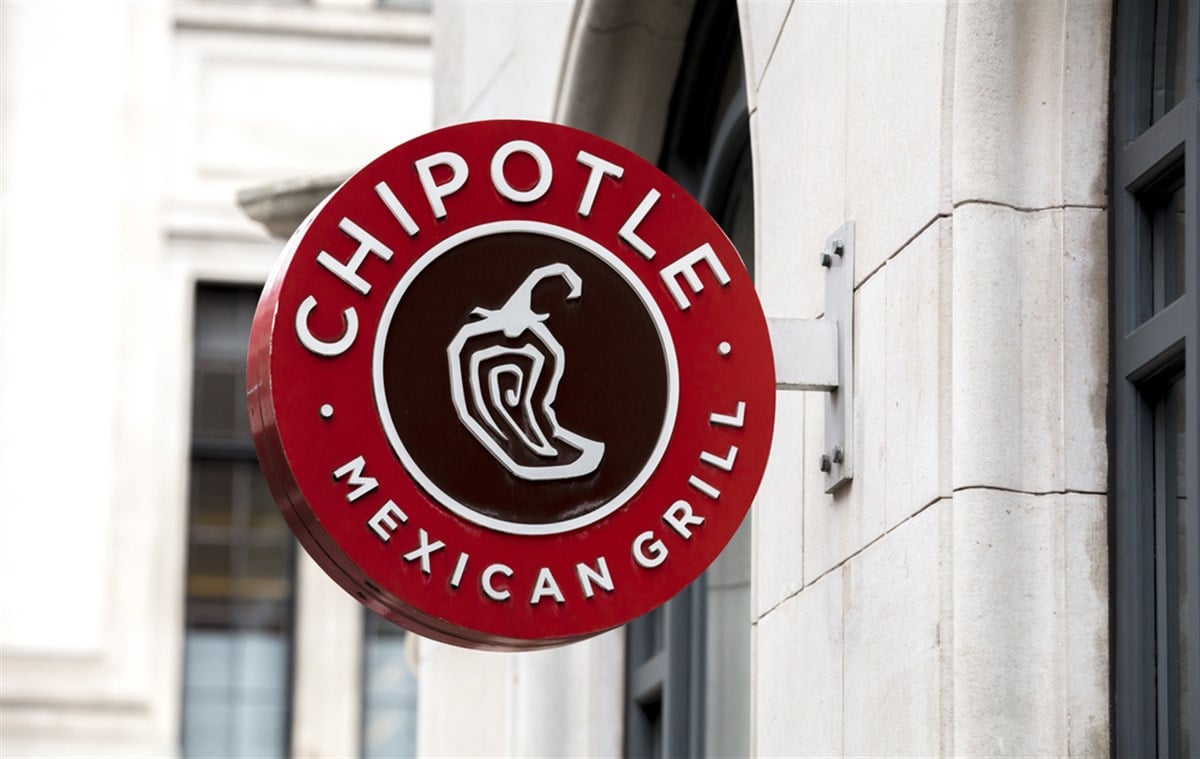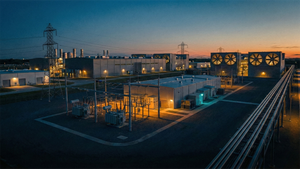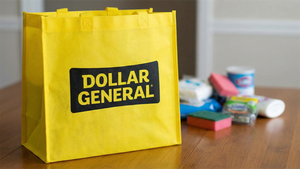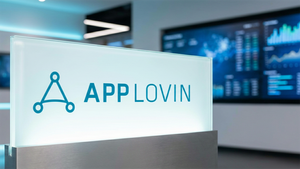Financial News
More News
View More
Forget the Chips: 4 Industrial Plays for the AI Rebound ↗
Today 15:49 EST
MongoDB Could Hit Record Highs—But You’ll Need to Move Fast ↗
Today 14:36 EST
Don’t Bet Against AppLovin: The Case Against the Shorts ↗
Today 12:36 EST
Recent Quotes
View More
Stock Quote API & Stock News API supplied by www.cloudquote.io
Quotes delayed at least 20 minutes.
By accessing this page, you agree to the Privacy Policy and Terms Of Service.
Quotes delayed at least 20 minutes.
By accessing this page, you agree to the Privacy Policy and Terms Of Service.
© 2025 FinancialContent. All rights reserved.









